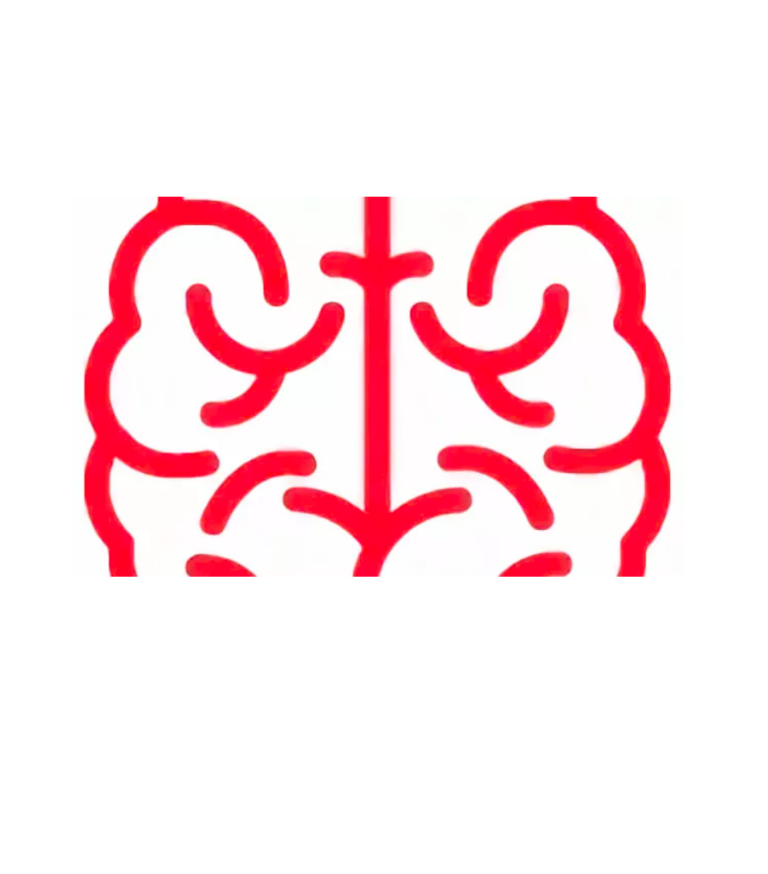Project Background
The human brain has a fascinating ability to form multiple types of memories (e.g., declarative memories of events and procedural memories of skills). How these different traces interact in the brain and whether these interactions determine the long-term fate of the memories remains unclear. Whereas traditional models have proposed that declarative and procedural memories are supported by distinct brain regions, more recent work suggests that these memory systems share neural substrates and can interact, especially if they share a common learning structure. Critically, the neurophysiological processes supporting memory system interaction as well as the effect of such interactions on memory consolidation - the process by which memories are retained for the long-term - are currently unknown.
The goal of the present project is therefore to unravel the neural processes supporting memory system interaction and how these interactions impact memory consolidation in young healthy adults. To do so, we will use sequence learning as a study model as it underlies several daily activities in both memory domains (e.g., memorizing vs. typing a phone number). We will employ state-of-the-art brain imaging approaches (multivariate analyses of functional magnetic resonance imaging data) to examine the following intriguing question with clinical, educational and fundamental implications: Can memory system interaction be leveraged to boost learning and consolidation processes?
Student Role
In the Sleep and Motor Memory Lab at the University of Utah, it is our ambition to provide the students with a wide range of research-related activities. Our goal is not only to showcase what the life of a researcher looks like in the laboratory, but also to train the students to become researchers. We therefore believe that our students should be involved in all parts of the research project. Specifically, after being introduced to the relevant concepts related to the project (literature reading), students will be involved in the discussion for the development of the study design (behavioral and neuroimaging design) as well as in the piloting of the newly developed design. After this initial phase, the students will be involved in the recruitment of study participants and the collection of both the behavioral and brain imaging data associated to the project. Last, the students will be trained to perform behavioral and brain imaging analyses in order to present preliminary results related to their internship at the OUR summer symposium. We also would like our students to be fully part of the daily activities of the research team and will encourage them to attend our weekly lab meetings and journal reading discussions.
Student Learning Outcomes and Benefits
This undergraduate research opportunity will provide a student with extensive experience in human subjects research in the domain of neuroscience. Specifically, the student will:
- Receive training in research ethics and good clinical practices in human subjects research.
- Learn how to interact with scientific collaborators and research participants
- Learn the foundations of scripting in software commonly used for data processing and statistical analyses (e.g., MATLAB).
- Learn basic principles of behavioral data analyses (performance speed and accuracy on memory tasks)
- Learn basic principles of magnetic resonance imaging (MRI) approaches.
- Become familiar with procedures for the acquisition of MRI data.
- Learn basic principles of various neuroimaging analytical approaches.
- Gain experience with project/results presentations and scientific writing.
These outcomes and experiences offer an ideal mix of research domain-general skills (i.e., ethics, scripting, writing, presentation) and domain-specific skills (i.e., acquisition and analyses of behavioral and brain imaging data). This will ultimately provide the student with an excellent foundation to pursue graduate training and/or a career in science, and in cognitive neuroscience in particular.

Genevieve Albouy
It is my goal to provide the students in the program with an overview of what a career in research entails and to accompany them in their paths to become good researchers. I pay particular attention and provide the necessary support to my mentees for them to develop critical thinking, scientific rigor and transparency. In this process, I also hope to transfer to the students my motivation, energy and enthusiasm to study the Human Brain which I am so passionate about.
Specific mentoring activities that will be offered are:
- One-on-one meetings to discuss the students' individual development plan (research/career goals and how to reach them)
- Direct supervision and training for the acquisition and analyses of behavioral and brain imaging data
- Direct supervision for the development of writing and presentation skills (scientific abstract and poster presentation)
- Integration in a research team including students from different backgrounds and at different levels of their academic careers
